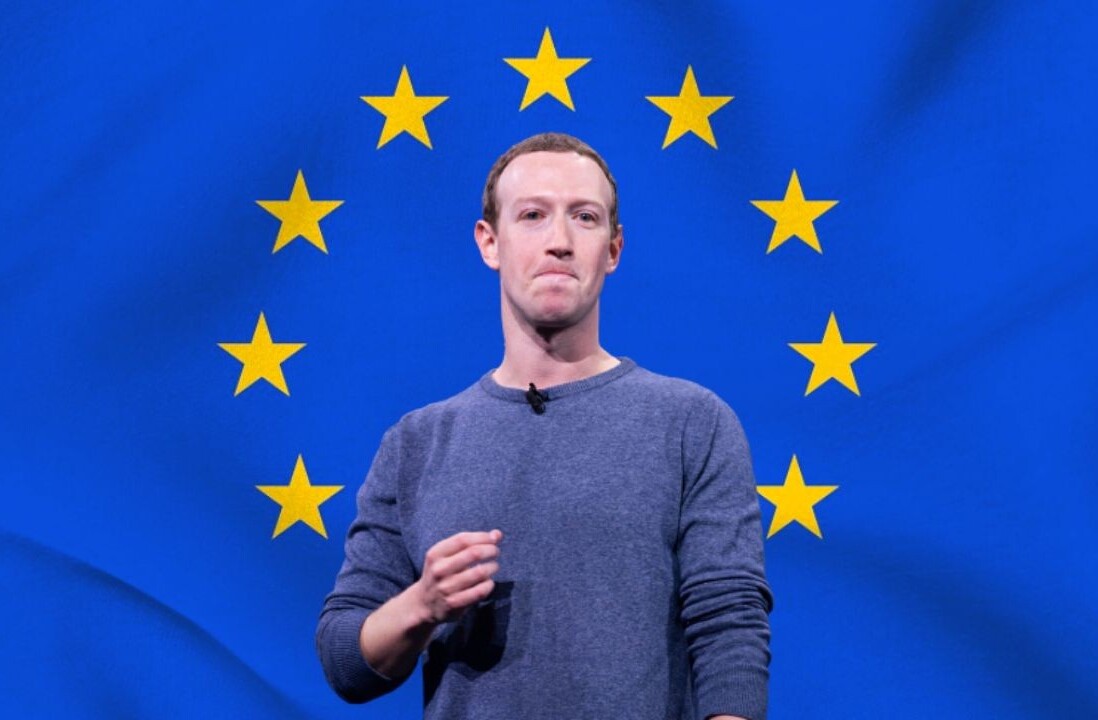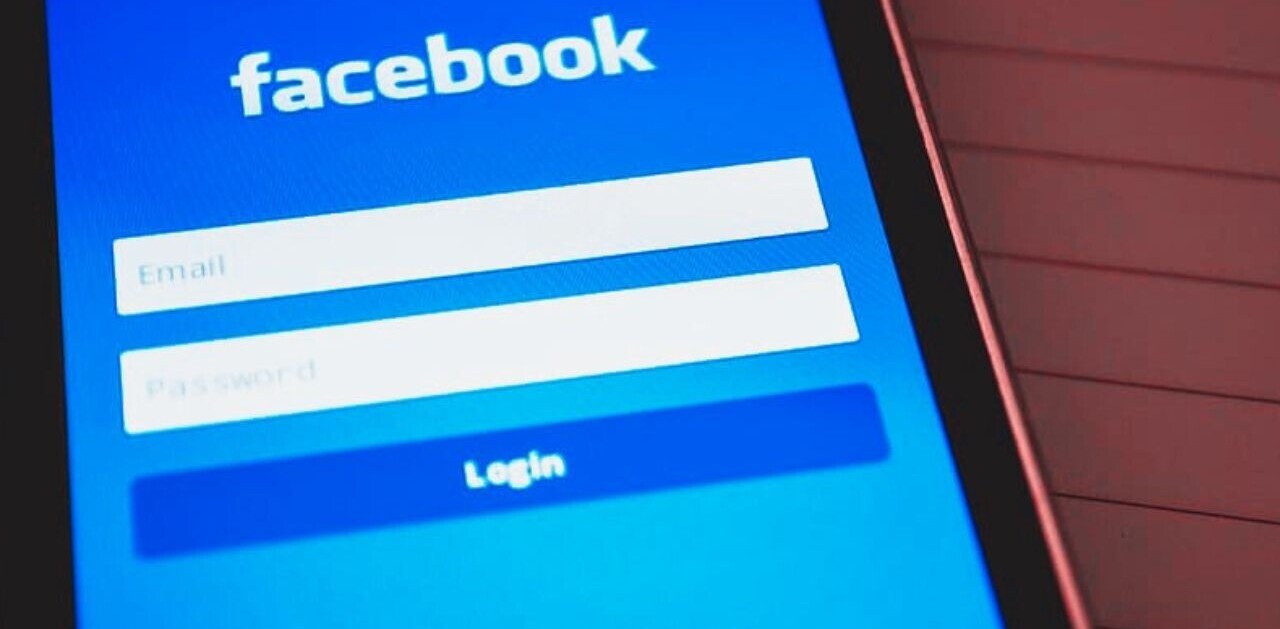
 Twitter has just changed its Terms of Service and what’s striking about the new rules is how ‘nice’ they seem.
Twitter has just changed its Terms of Service and what’s striking about the new rules is how ‘nice’ they seem.
It looks like Twitter has learnt from the recent controversy when Facebook changed its rules. Back then users were aghast that it seemed as if Facebook owned everything they posted to the service.
An official response from CEO Mark Zuckerberg, clarifying that Facebook didn’t want to own users lives and that they just needed the right to use people’s content online, cooled the situation
What that episode showed is that users of web services don’t react well to cold, hard legalese. Talk to them openly and honestly, as Zuckerberg eventually did, and they tend to be a lot happier.
Twitter has definitely learnt some lessons from Facebook’s mistakes. Twitter’s new Terms of Service aren’t likely to see protests from users. If anything users will be thanking Ev, Biz and co for clarifying some points. Outlined in the Twitter blog, here are the key changes:
Advertising—In the Terms, we leave the door open for advertising. We’d like to keep our options open as we’ve said before.
Ownership—Twitter is allowed to “use, copy, reproduce, process, adapt, modify, publish, transmit, display and distribute” your tweets because that’s what we do. However, they are your tweets and they belong to you.
APIs—The apps that have grown around the Twitter platform are flourishing and adding value to the ecosystem. You authorize us to make content available via our APIs. We’re also working on guidelines for use of the API.
SPAM—Abusive behavior and spam is also outlined in these terms according to the rules we’ve been operating under for some time.
So basically, Twitter might have ads in the future, doesn’t ‘own’ your tweets but will pass them through its API. Oh, and spam is bad, m’kay? It’s nothing particularly new but it’s good to see them explaining themselves in plain English rather than confusing lawyer-speak.
Get the TNW newsletter
Get the most important tech news in your inbox each week.




